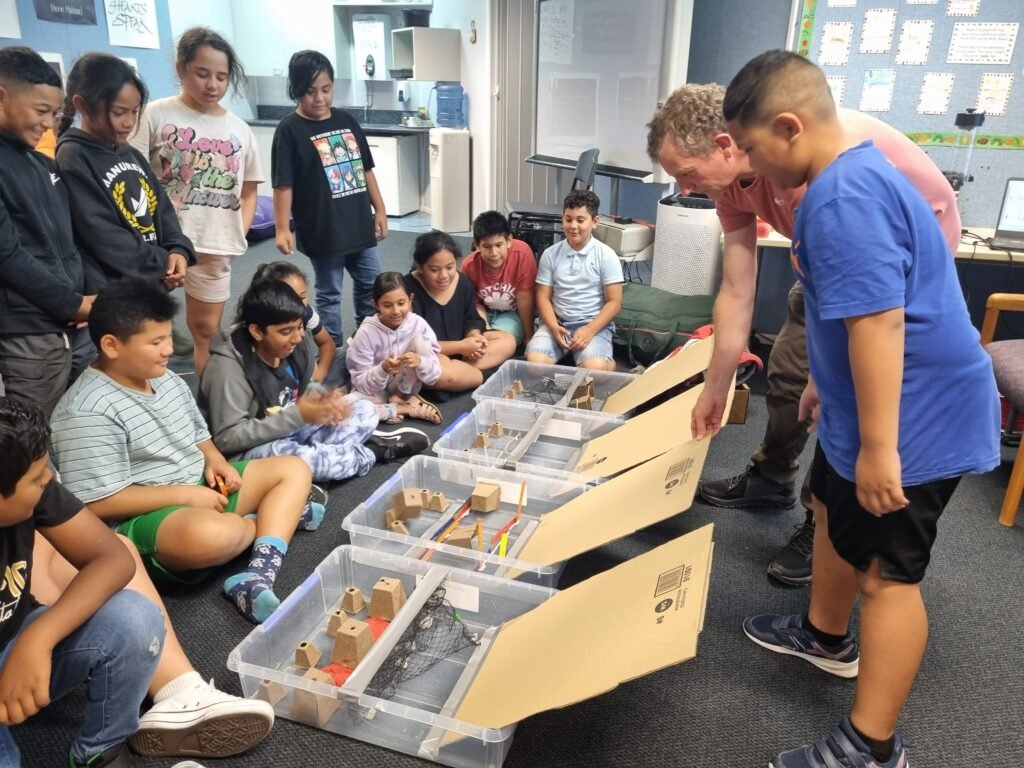Getting Started with Science Communication
If you are wanting to get started with science communication you can think of it as a three step process.
The first step involves weighing up your various choices about who you want to reach, the topic you want to focus on and the ways you hope to communicate about it.
Even if your interests are quite wide, it pays to narrow down your topic area to make it as ‘niche’ as possible. For example if you are a marine biologist, you could focus on corals, sharks or sea urchins, or some other topic.
This simplifies your life as you get more and more familiar with the topic and your content is self reinforcing, which quickly builds up your expertise and authority.
So once you have clarity about your purpose and your process it is time to get started with Step 2.
This is where you simply get going by regularly producing and sharing content. This could be via images, texts, videos or in person presentations. You don’t have to be perfect straight away. “Take imperfect action!”. This is about developing your voice, honing your technical abilities, and learning by your mistakes. If you apply yourself consistently you should be able to start building a growing following within a few months. The feedback you get and the increasing confidence with which you can create and deliver, will set you up nicely for Step 3.
Step 3 is where you have become established with your routine, more relaxed and at ease about being visible and have learnt what works or doesn’t by experimenting with your style.
If you want to, this is the time to widen your scope by re-purposing your content, or branching out with your approach and your way of communicating. It will basically happen naturally by systematically following step 2, but you should still stay focused on one main approach. Staying the course is what will give you the best chance of attaining ‘lift off’ and mean that most of your energy goes into productivity rather than endless indecision and re-starting. The key for your success now is simply to stay on topic, keep consistent, keep learning and adapting and watch how your reach widens, sometimes slowly and sometimes in sudden rapid bursts.

